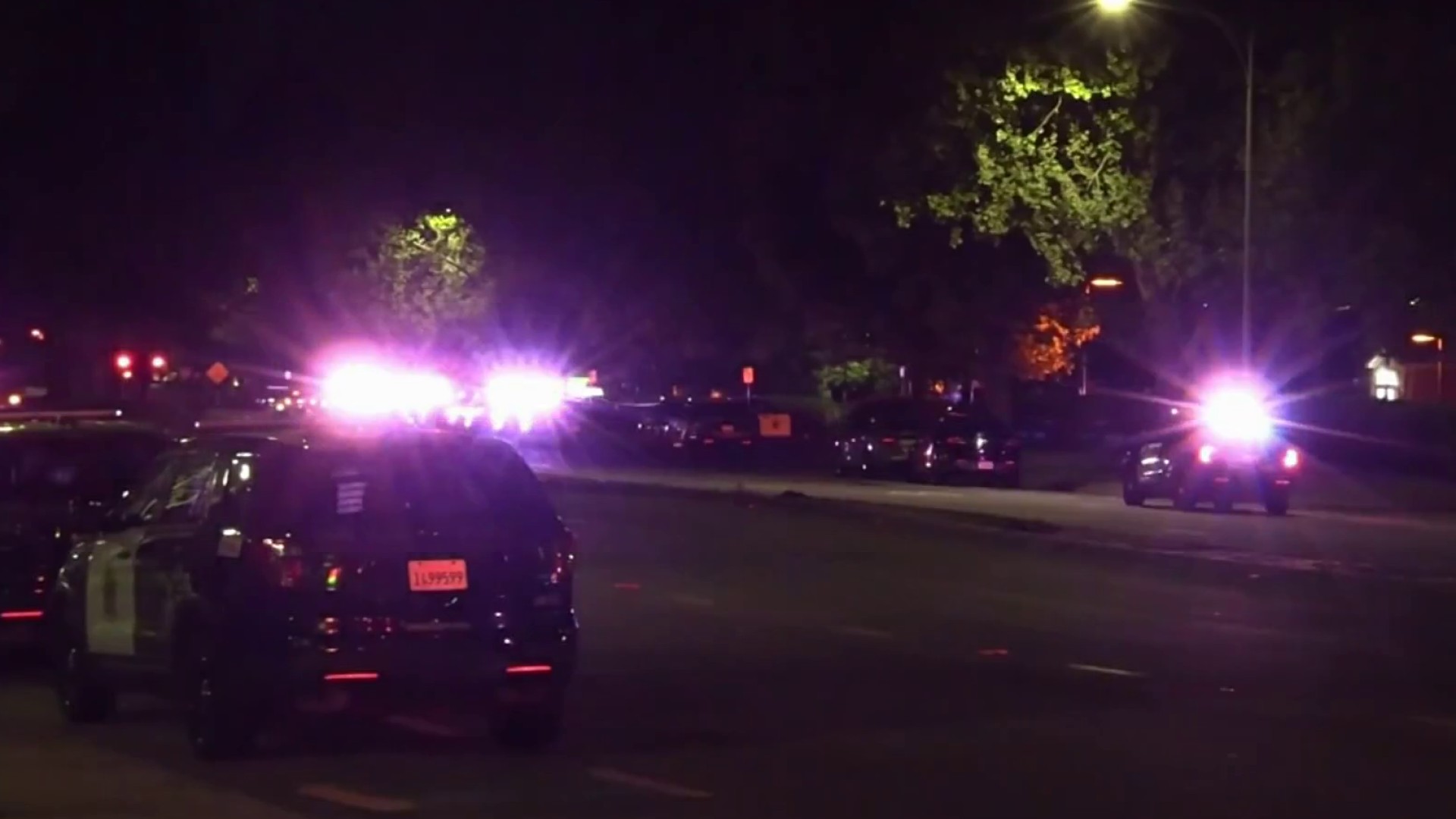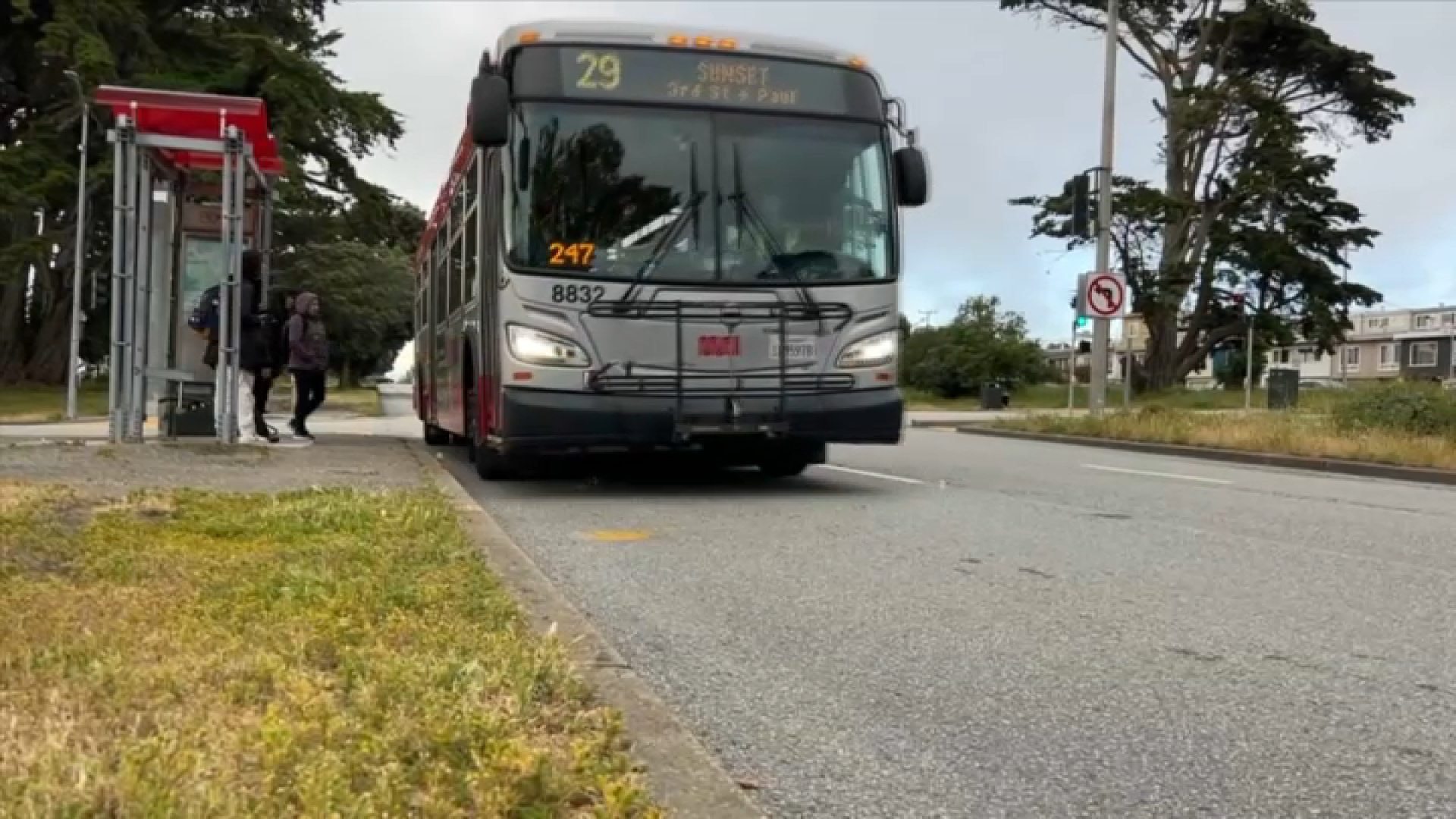The Martin Luther King Jr. Day celebration opened on Monday in San Francisco with the gospel chorus ensemble from Glide Memorial Church and a spirited welcome from minister Marvin K. White.
More than a thousand people of every color marched from the Caltrain station to Yerba Buena Gardens to celebrate. Among the crowd were dozens of community organizers and city officials.
San Francisco Mayor London Breed opened her remarks by recalling events past.
“I remember in the '80s and the '90s when we would march from Caltrain to Bill Graham Civic Auditorium," she said, calling out the many organizations present at Monday's event.
Get a weekly recap of the latest San Francisco Bay Area housing news. Sign up for NBC Bay Area’s Housing Deconstructed newsletter.
"They are doing what Dr. Martin Luther King Jr. chose to do when he fought the fight with nonviolence, pushing for peace. They are using love as a weapon to overcome hatred. They are using light as a weapon to overcome darkness. Let's continue year-round to honor Dr. King's legacy with our deeds, with our action and our words."
“It takes the hood to save the hood," said Rudy Corpuz, executive director for United Playaz, who proudly comes from San Francisco's Sixth District. He grew up on Sixth Street.
Local
"I'm a Filipino. It doesn't matter if you Black, white or peppermint stripe. I fight for the underdog, and so I want to say this: If you not with the movement and you just with the moment, get your butt out the way. The big war that's really being fought is within yourself," said Corpuz. "If you can get self-love within yourself then you can't spread that love. And that's what Gandhi did. That's what Martin Luther King Jr. did. And they all got that from God himself."
Dozens of social justice organizations mingled in the crowd, embraced, sang along with the chorus and discussed issues facing Black people today.
"What do you think about us Black folks killing us Black folks?" Dorothy Curry of the River of Life Church asked Jon Henry, podcast producer of Both Sides of the Conversation.
"Look at the disparities that Black men face across the country," Henry replied. "Look at the health care. Look at the housing. If you look at jobs. They've got the lowest spot on the totem pole. You put in all the things that we deal with in this country-- substance abuse, mental health issues-- you get a violent result."
Both Sides of the Conversation, which can be found on YouTube, began in 2020 to connect the Black community to assistance and resources during the COVID-19 pandemic.
"Sometimes the negative influence is strong and if we continue to try to put it towards the positive, come together in solidarity, we can do something about stopping hatred in this country," Henry said.
Speaker Cedrick Akbar, a San Francisco candidate for Assembly District 17, read a Bible passage that he said was read by Martin Luther King Jr. as he was sitting in a jail cell in Birmingham Alabama in 1963.
"What he could not understand was why all people did not support this movement," said Akbar. "They couldn't understand, as a pastor, why was he leading a political movement? But he wasn't leading the political movement. He was doing what Christ told him to do."
Walking in the march among a diverse crowd of firefighters in dress uniform was San Francisco Fire Chief Jeanine Nicholson.
"We've been working on our racial equity action plan and really doing things with intention," Nicholson said. "We started an emergency medical technician class, City EMT, and it's a wrap-around service for at-risk youth. We've hired about 14 of these young people into the department."
Activities throughout the city continued all day, such as The Museum of the African Diaspora, which was free all day. Key Jo Lee, the museum's curator, describes the current show, Spectrum, as a critique of color by artists from South Africa, Baltimore and Ghana. Lee's upcoming show will focus on designing Black civic spaces.
"That's about liberatory living," Lee said. "Part of that will be thinking about in the state of the world as we are. How do we experience it? How do we live with it?"



